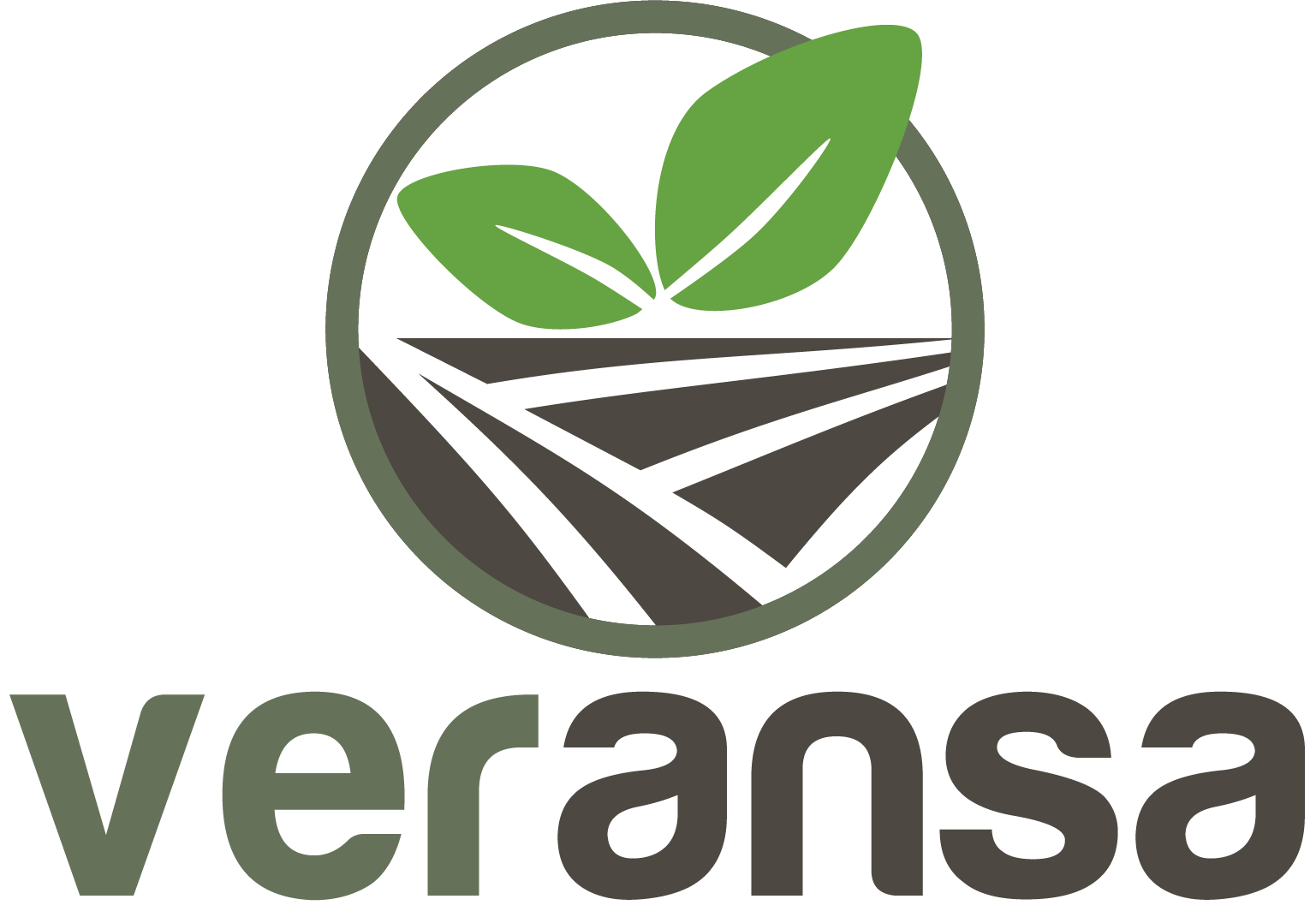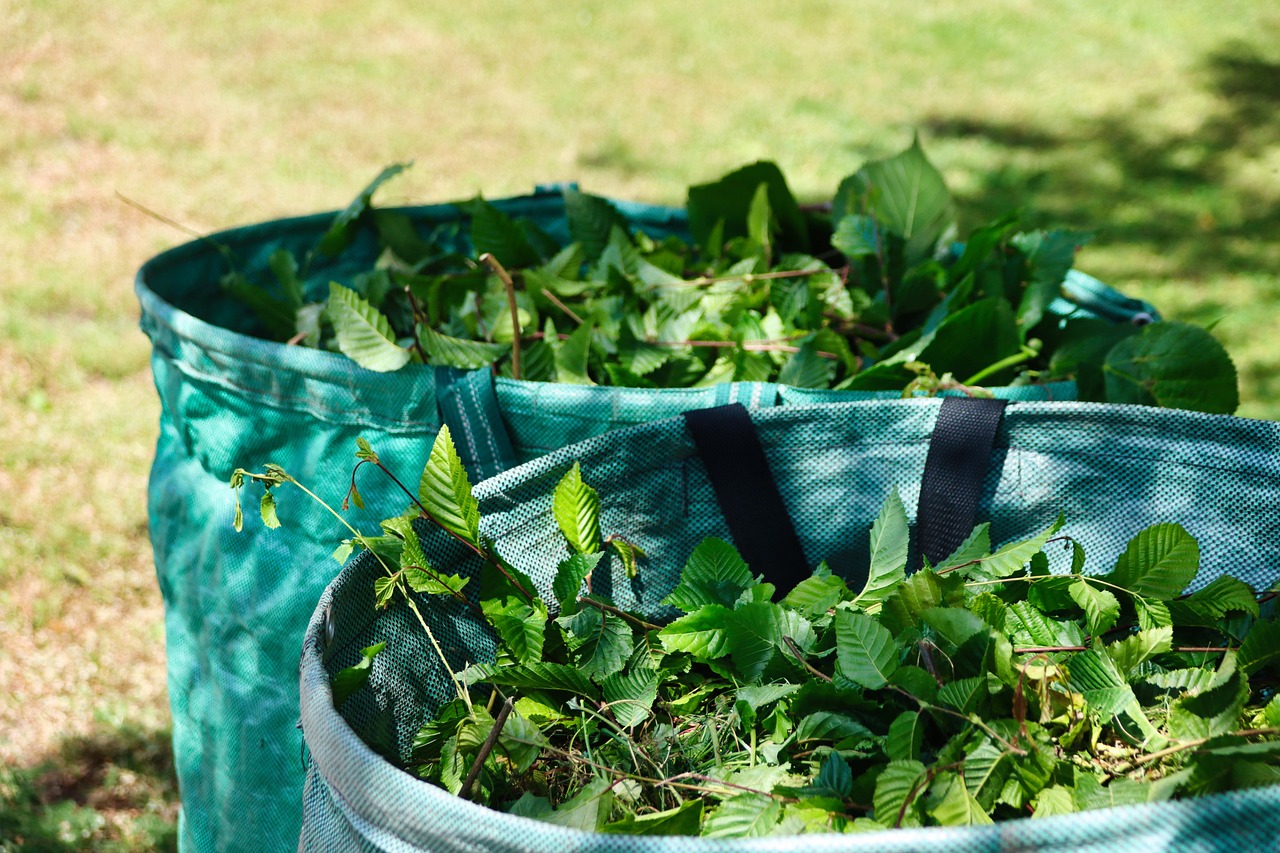The annual Earth Day celebration will be observed globally next week, encouraging us all to integrate sustainable practices into our daily lives. Across the United States, communities and municipalities are growing in their awareness of the vital role of sustainable waste management. Residential composting programs are one of the most prolific initiatives in this movement. Numerous programs contribute significantly to environmental sustainability while also delivering social and economic benefits.
While Earth Day provides a wonderful opportunity to highlight troubling environmental issues, the implementation of personal and community waste management strategies must be an ongoing effort. These efforts are essential for reducing landfill methane emissions and fighting more widespread environmental challenges.
Three Benefits of Establishing Sustainable Waste Management Through Composting
- Economic Benefit: By establishing a home composting program, municipalities can save on waste removal costs. Organic waste, including kitchen scraps and green yard waste, comprises a significant percentage of landfill waste. Research indicates that food scraps make up approximately 24% of landfill materials on their own. With landfill fees and expenses increasing, adopting composting is a cost-effective strategy.
- Environmental Benefit: Composting organic waste has a meaningful impact on the reduction of methane emissions from landfills. Composting converts organic waste into nutrient-rich soil amendments with much lower methane gas emissions. Not only that, but compost-enriched soil products can trap more carbon dioxide, helping to mitigate climate change.
- Social Benefit: Composting programs cultivate community engagement in sustainability efforts, increasing environmental awareness and accountability. They inspire local residents to proactively participate in waste reduction at the community level, resulting in greater involvement from the greater population.
The Role of Sustainable Waste Management
Responsible community waste management plays a critical role in creating a greener future for generations to come.
Protecting Ecosystems: Adequate waste management mitigates air, water, and soil pollution by limiting waste disposal in landfills and avoiding incineration practices that can release harmful toxins into the air and water.
Conserving Natural Resources: Recycling materials like paper, plastic, and metal reduces resource depletion and helps to save natural habitats. Sustainable waste management guarantees that vital resources are repurposed, contributing to a circular economy and helping to complete the “green loop.”
Reduced Carbon Emissions: When compared to manufacturing products from new raw materials, recycling conserves significant energy and lowers associated carbon emissions. Waste-to-energy technologies create usable energy from waste, further supporting sustainability.
Community Engagement and Accountability: Individuals and municipal governments must work together to effect successful waste management initiatives. This involves responsible consumption, recycling, and composting.
Veransa is Doing Our Part – On Earth Day and All Year Long
Veransa® is working to perfect the green loop of wood and yard waste recycling through sustainable waste management protocols. We develop and bring to market products that benefit the entire Florida ecosystem, from farms to watersheds.
We transform wood and yard waste into usable commodities that:
- Regenerate agricultural soil
- Restore and protect watersheds and waterways
- Reduce atmospheric carbon levels.As the Florida population continues to increase, green waste also increases. It is estimated that Floridians generate over 7 million tons of this organic waste per year, with over 3 million tons generated in the Tampa Bay Region alone. Florida has laws that provide for this material to be recycled, while forbidding its disposal in landfills.
Veransa®‘s value-added approach to recycling is having a meaningful impact on genuine environmental sustainability.

